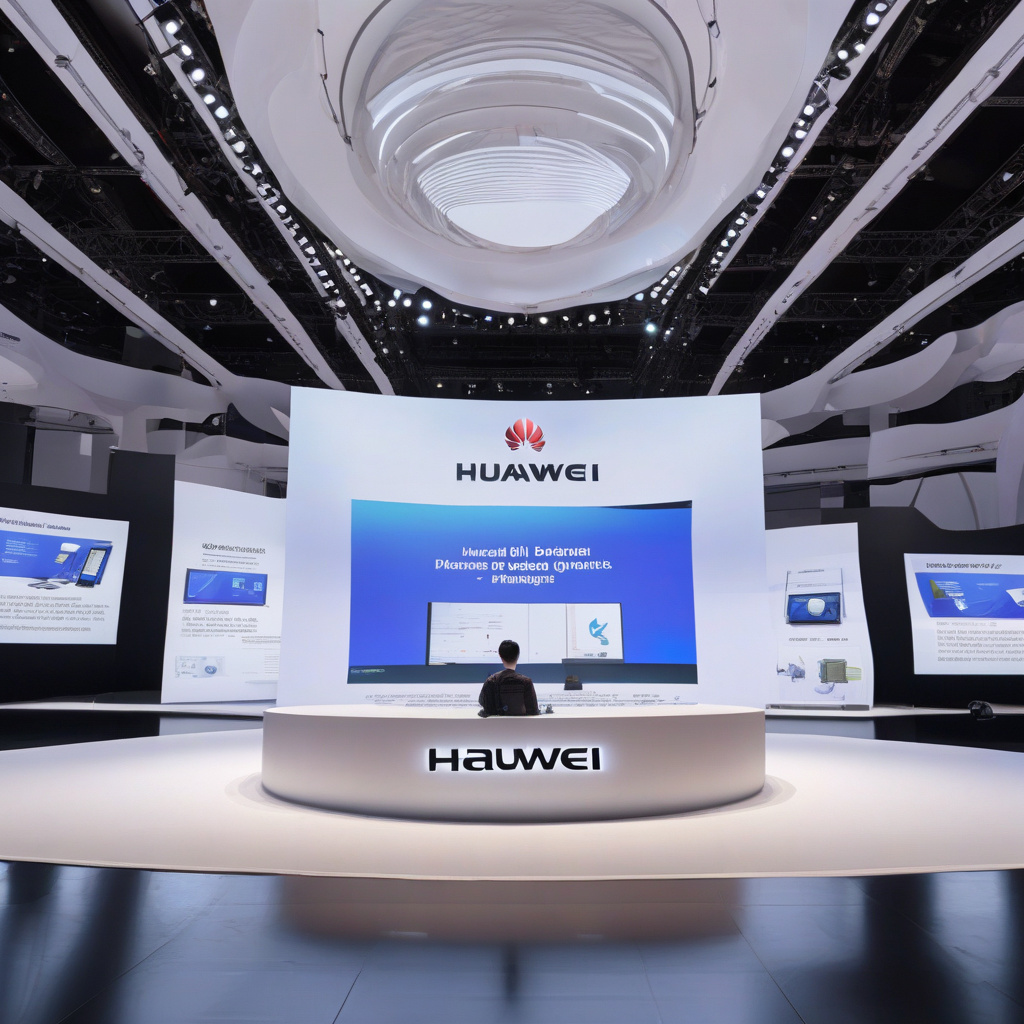In the fast-paced world of AI and language models, accusations of plagiarism can send shockwaves through the tech industry. Huawei, a key player in this landscape, recently faced such allegations regarding its latest creation, the Pangu Pro MoE 72B model. The claim? That Huawei had allegedly drawn inspiration from Alibaba’s Qwen model.
Shortly after the release of Pangu Pro MoE 72B under an open-source license, a relatively obscure entity named HonestAGI raised the red flag. This small group made a big splash by posting a research paper on GitHub, asserting similarities between Huawei’s Pangu and Alibaba’s Qwen. The implications were serious, suggesting intellectual property concerns and potential ethical breaches in the development of these advanced language models.
Huawei swiftly responded to these allegations, vehemently denying any connection between Pangu and Alibaba’s Qwen. The company’s denial was clear and categorical, aiming to quash any doubts about the originality and integrity of its creation. This firm stance highlights the high stakes involved in the development and deployment of AI technologies, where innovation, competition, and legal boundaries often intersect.
For Huawei, the denial isn’t just about refuting allegations; it’s about safeguarding its reputation as a leader in AI research and development. In an industry where trust and credibility are paramount, any hint of impropriety can have far-reaching consequences. By addressing the issue head-on, Huawei is not only defending its current project but also protecting its future endeavors and collaborations in the AI ecosystem.
This incident serves as a reminder of the intense scrutiny faced by tech giants like Huawei, especially when launching groundbreaking products like the Pangu Pro MoE 72B. As the boundaries of AI continue to expand, so too do the challenges of ensuring originality, respecting intellectual property rights, and navigating the competitive landscape.
In the broader context of AI innovation, disputes over model similarities are not uncommon. The quest to push boundaries and achieve technological breakthroughs often leads to parallel developments and convergent solutions. However, distinguishing between genuine innovation and questionable imitation is crucial for maintaining trust within the tech community and upholding ethical standards in AI research.
As Huawei stands firm in its denial and continues to drive AI advancements with the Pangu Pro MoE 72B, the tech world watches closely. The outcome of this dispute will not only shape perceptions of Huawei’s integrity but also set a precedent for how AI companies address allegations of plagiarism and intellectual property infringement in the future.
In conclusion, Huawei’s denial of any connection between the Pangu model and Alibaba’s Qwen underscores the complexities and challenges inherent in the AI landscape. As the industry grapples with issues of originality, competition, and trust, transparency and accountability are more crucial than ever. Only time will tell how this dispute unfolds and its impact on the evolving field of AI innovation.

